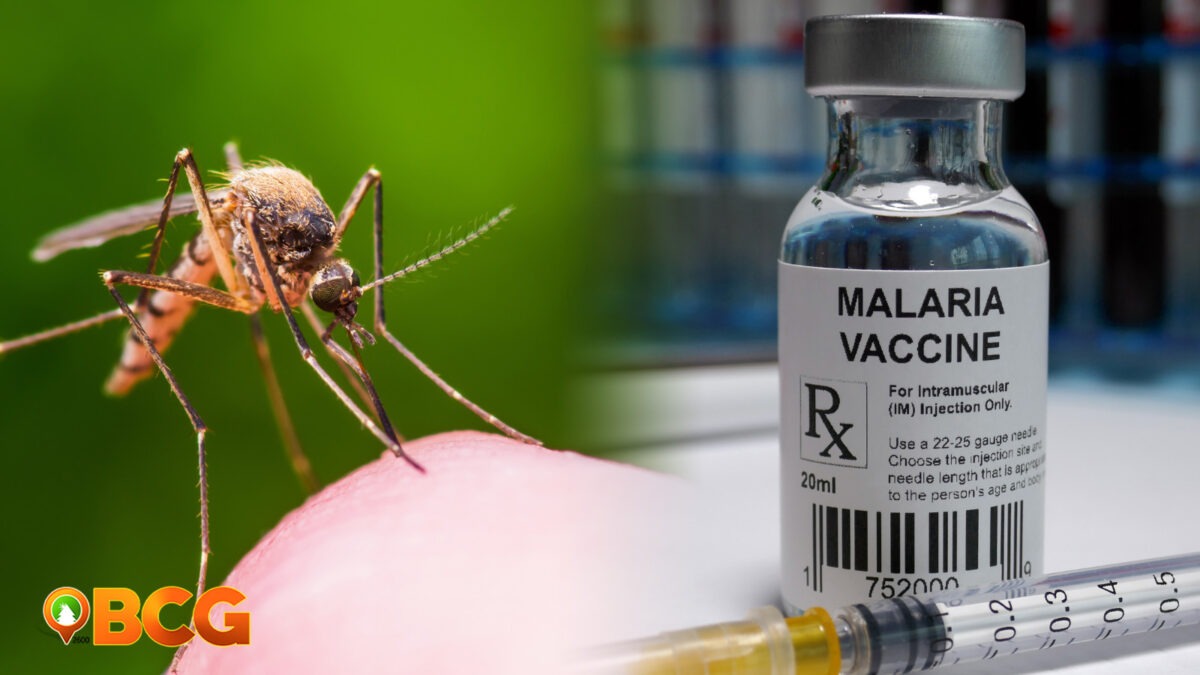WHO: People with COVID-19 symptoms to avoid taking Ibuprofen
Last March 17, 2020, the World Health Organization (WHO) made an official recommendation that all who are suspected of coronavirus disease (COVID-19 ) symptoms to avoid taking Ibuprofen.
French Officials Statement Regarding Anti-Inflammatory Drugs
According to French Officials, taking anti-inflammatory drugs could worsen the effect of the virus.
The Lancet Medical Medical Journal Hypothesis
The warning by French Health Minister Olivier Veran was followed by a recent study in The Lancet medical journal.
Hypothesis of The Lancet Medical Journal:
“We therefore hypothesise that diabetes and hypertension treatment with ACE2-stimulating drugs increases the risk of developing severe and fatal COVID-19.”
French Health Minister Tweet
The French Minister posted a tweet cautioning the use of anti-inflammatory drugs.
WHO Spokesperson Response to the Study
Christian Lindmeier, spokesperson of WHO told the reporter in Geneva that the UN health agency’s experts are “looking into this to give further guidance” when asked about the study. Lindmeier added that in the meantime they recommend using paracetamol and not use ibuprofen for self-medication. And, if healthcare professionals prescribed ibuprofen that would be up to them.
Patients who have taken Anti-Inflammatory Drugs
Patients being treated with anti-inflammatory drugs must take advice from their doctors according to the French Minister.
Reckitt Benckiser Response to Speculation Regarding Ibuprofen
Reckitt Benckiser is a British pharmaceutical company that makes Nurofen. Here’s their response regarding Ibuprofen released by the British company’s spokesperson.
“RB, the makers of Nurofen, is aware of recent social media in France raising concerns about the use of steroids & non-steroidal anti-inflammatory (NSAIDs) products, including ibuprofen, for the alleviation of COVID-19 symptoms.”
Reckitt Benckiser’s spokesperson said that the company is engaging with WHO, European Medicines Agency (EMA), and other local health authorities regarding the issue and will be providing additional information or necessary guidance for the use of their products.













